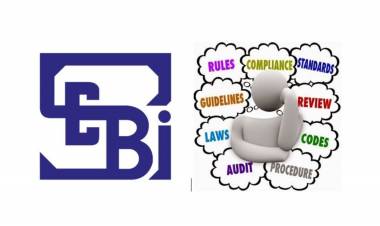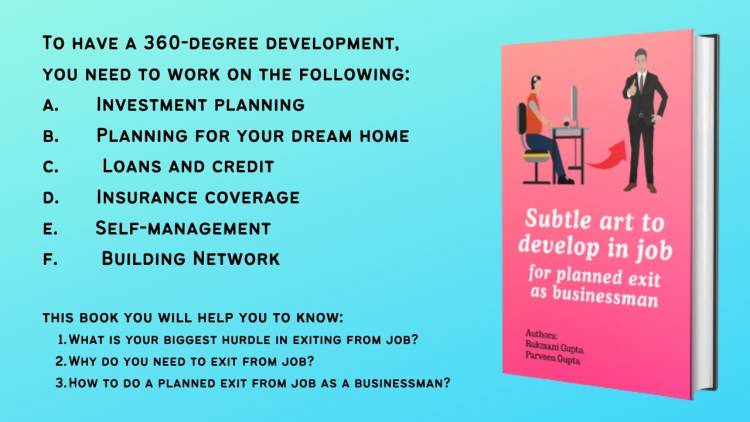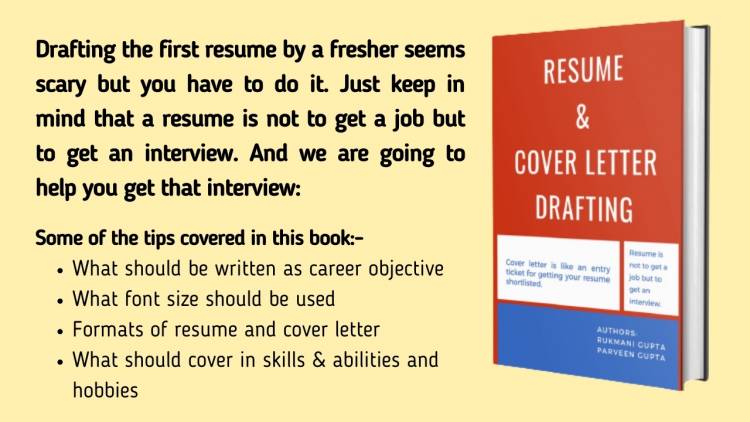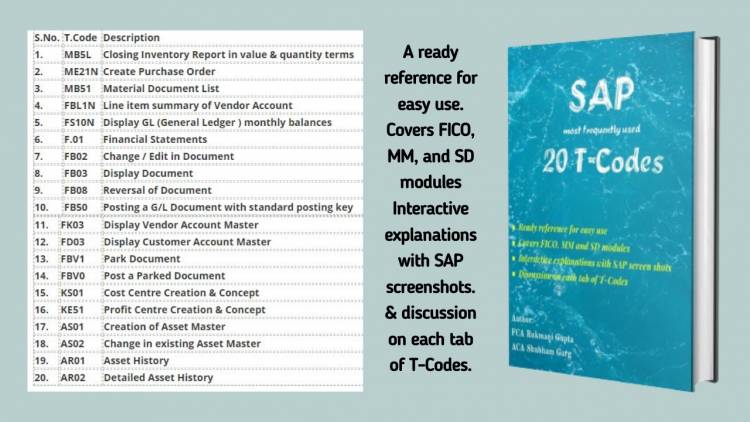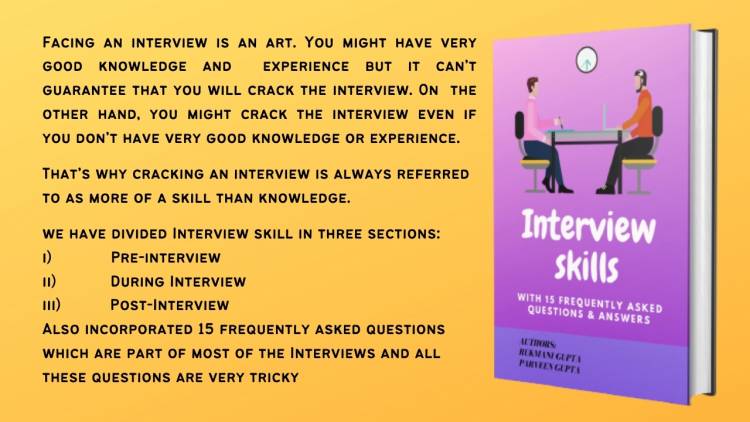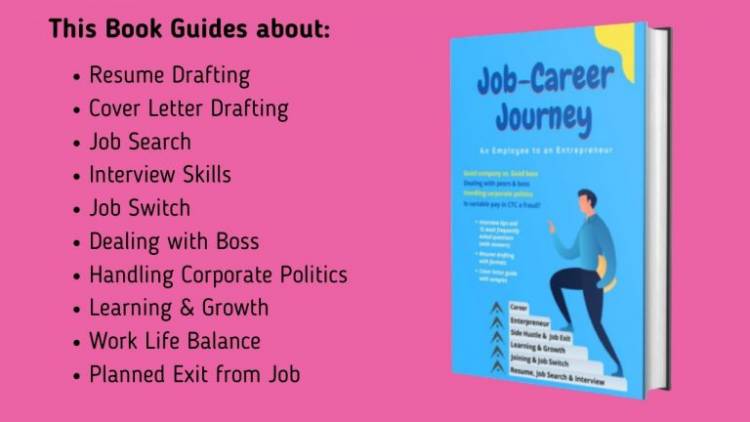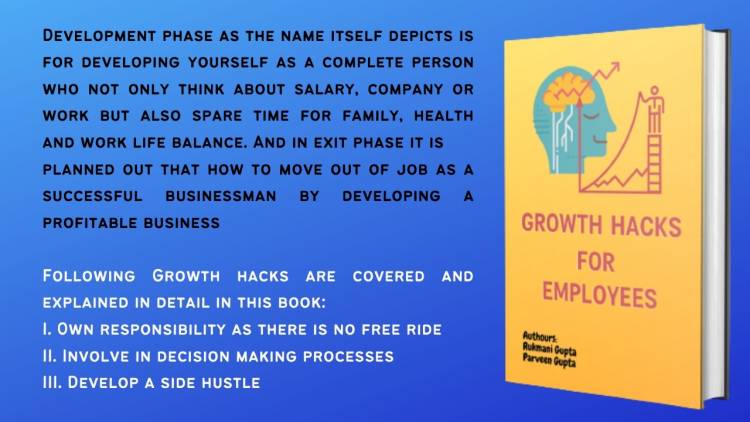Appeals & Revision – provisions in Income Tax
Appeals & Revision – provisions in Income Tax
Order passed by assessing officer
First appeal - To commissioner (Appeals) - u/s 246A
-
- By Assessee
- Form no. 35
- Within 30 days – however commissioner (appeal) may condone delay
- No appeal in following cases
-
- Order levying interest u/s 234A, 234B, and 234C
- Revision order u/s 264
- Order of authority for advance ruling
- Order of Settlement Commission
-

- Fees for filing appeal
-
- Where total Income / loss computed by AO is Rs. 1 lakh or below - Rs. 250
- Where total Income / loss computed by AO exceed Rs. 1 lakh but below Rs. 2 lakh - Rs. 500
- Where total Income / loss computed by AO exceeds Rs. 2 Lakh - Rs. 1000
- Any matter not specified in three above - Rs. 250
-
- Fees for filing appeal
-
- Tax payable before filing of appeal
-
- Where return filed – tax due on income returned by him
- Where return not filed – amount equal to the amount of advance tax which was payable by him
-
- Tax payable before filing of appeal
-
- Time limit to decide appeal
-
- Within one year from the end of the financial year in which such appeal is filed
-
- Time limit to decide appeal
Second appeal - To ITAT - u/s 253
-
- By Assessee / department
- Form no. 36
- Within 60 days – however ITAT may condone delay
- Filing of cross objections – opposite party shall file memorandum of cross objections within 30 days of receipt of notice of filing appeal against order of Commissioner (Appeals)
-
- No appeal in following cases
-
- Against order passed by CIT u/s 264
-
- No appeal in following cases
-
- Fees for filing appeal
-
- Where total Income / loss computed by AO is Rs. 1 lakh or below - Rs. 500
- Where total Income / loss computed by AO exceed Rs. 1 lakh but below Rs. 2 lakh - Rs. 1500
- Where total Income / loss computed by AO exceeds Rs. 2 Lakh - 1% of assessed income or 10000/- whichever is lower
- Any matter not specified in three above - Rs. 500
-
- Fees for filing appeal
-
- Time limit to decide appeal
-
- Within 4 year from the end of the financial year in which such appeal is filed
-
- Time limit to decide appeal

Third appeal - To High Court - writ petition u/s 260A
-
- By Assessee / department
- In the form of a memorandum of appeal
- Within 120 days – however High court may condone delay
- Fees for filing appeal
-
- As may be specified in the relevant law relating to court fees filing appeals to high court
-
-
- Determination of issue – the high court may determine any issue which
-
- has not been determined by the appellate tribunal (ITAT)
- has been wrongly determined by the appellate tribunal (ITAT)
-
- Determination of issue – the high court may determine any issue which
-
- to be heard by not less than two judges bench
-
- High Court has power to recall its order – if sufficient cause is shown and fact that the order was passed on merits makes no difference
-
- High court cannot determine issue not raised before ITAT (CIT vs. Air India Ld.)
Fourth & last appeal - To Supreme Court( SC)- writ petition u/s 261
-
- By Assessee / department
- Only if high court certifies the case to be fit for appeal to SC, however aggrieved party may make an application under article 136 for special leave
-
- SC decisions are binding for non-appellants as well. Law declared by SC is binding on all Courts and Tribunals in view of article 141 of constitution.
-
- If department has not challenged the correctness of the law laid down by the High Court and has accepted it in case of one assesse, then it is not open to the department to challenge the correctness in case of other assessees without just cause.
Revision
Revision by the Principal Commissioner or commissioner - u/s 263
by CIT himself if order is prejudicial to the interest of revenue
-
- May call for and examine the record of any proceeding under the Act, and if he consider that any order passed therein by the AO is erroneous in so far as it is prejudicial to the interest of revenue.
-
- Can modify, cancel or direct fresh assessment
- Opportunity of being heard to assessee is must
- Time limit: cannot revise AO order after the expiry of 2 years from the end of financial year in which the order sought to be revised was passed.
-
- Revision order should be speaking order
- Order for which revision is taken up should be in existence and served.
Revision by the Principal Commissioner or commissioner - u/s 264
On application of assess or Suo motu by CIT, provided revision is in favour of assessee
-
- Revision of orders not covered under section 263
- Shall not revise any order under this section in the following cases:
- Suo motu, Where the order has been made more than one year previously
- On application of assesse, where application has been made after one year from the date of order communicated or came to his knowledge, whichever is earlier
- Where appeal has been filed to CIT( appeals)
- Where appeal is not filed but the time to file appeal has not expired
-
-
- Time limit: shall pass an order within one year from the end of the financial year in which the application is filed by the assesse. But no time limit in cases where order is to be passed to give effect to any finding / direction contained in any order of the Appellate tribunal, National Tax Tribunal, High Court or the Supreme Court.
- Revision order should be speaking order
- No appeal can be filed against such orders under Income Tax Act, However writ under Article 226/227 is possible.
-
 Download APP
Download APP
 P K Gupta
P K Gupta 








